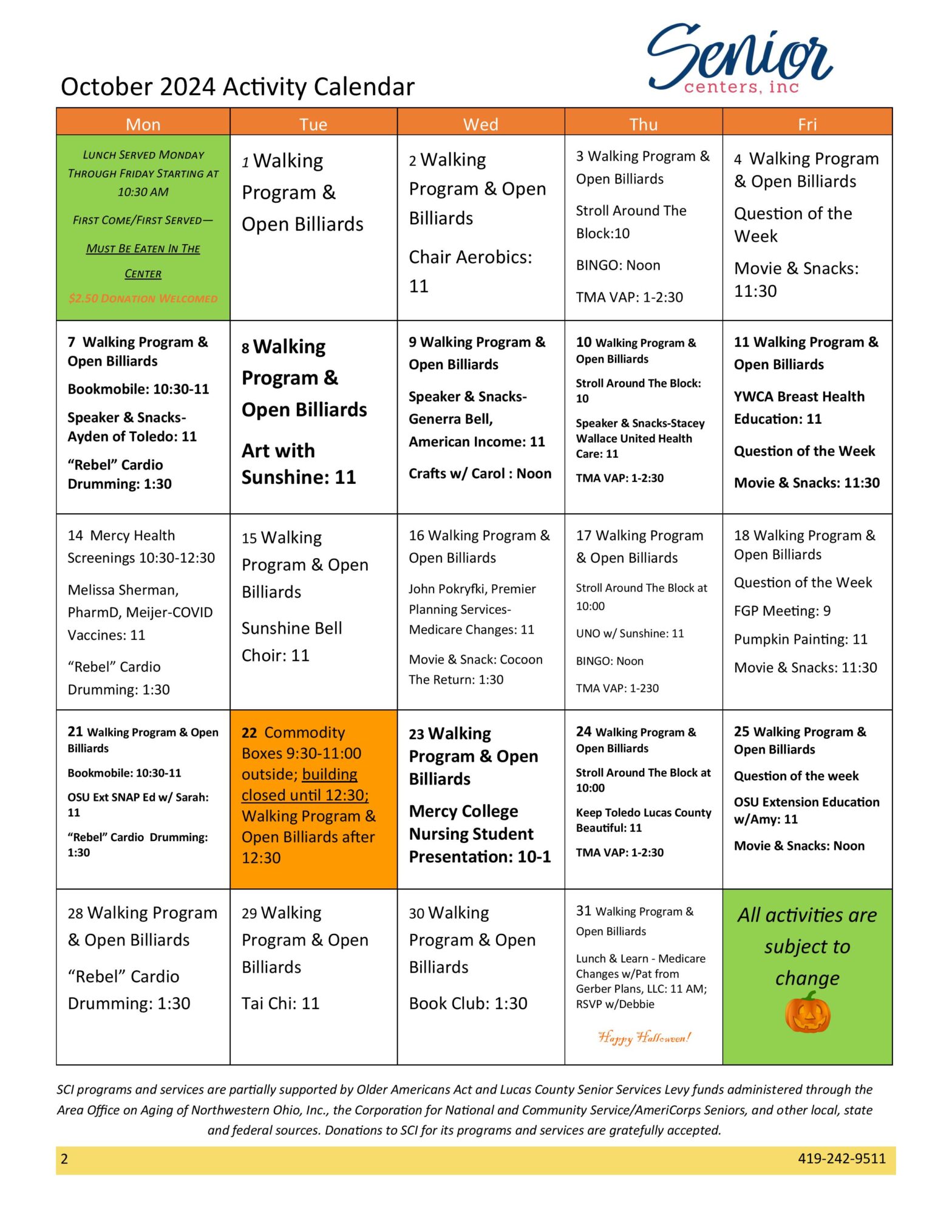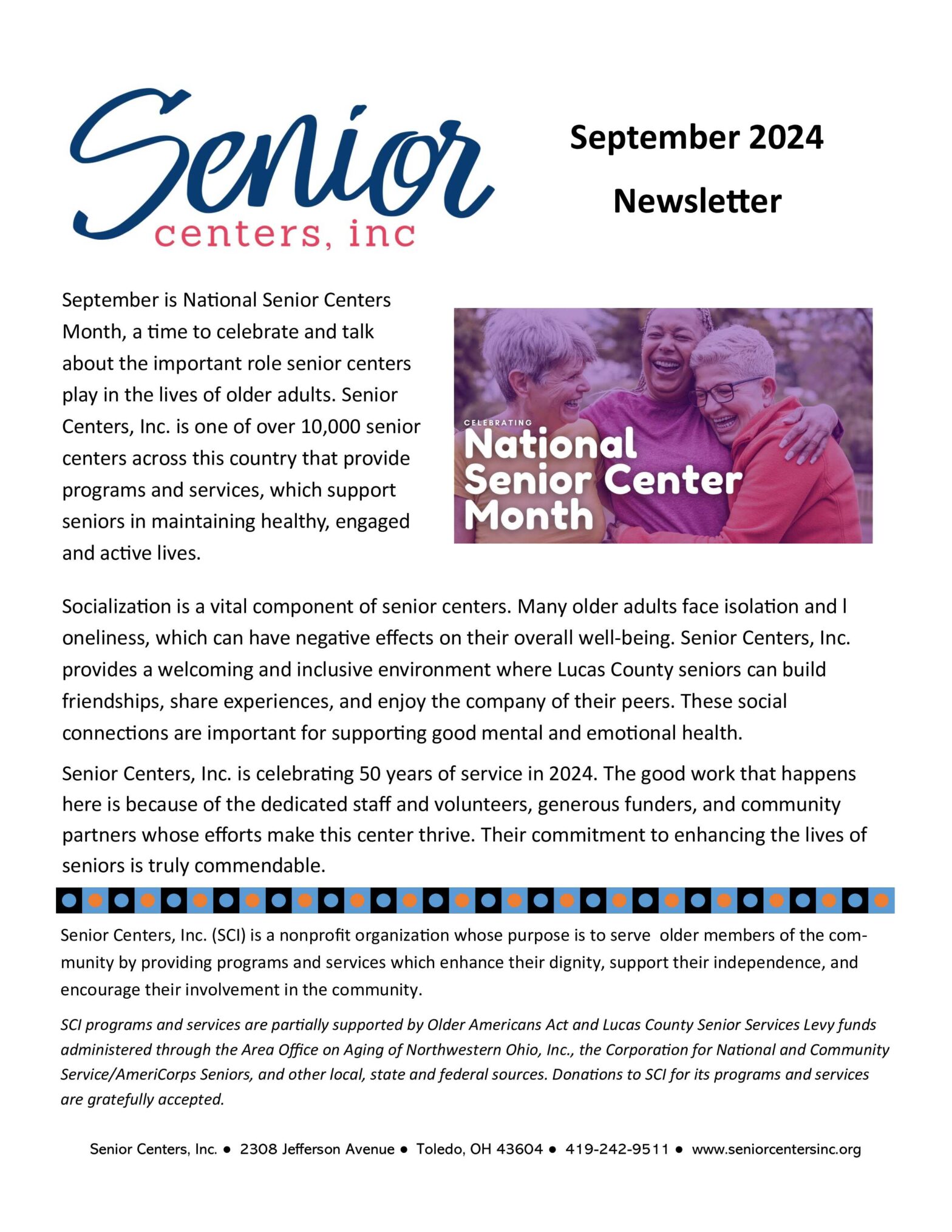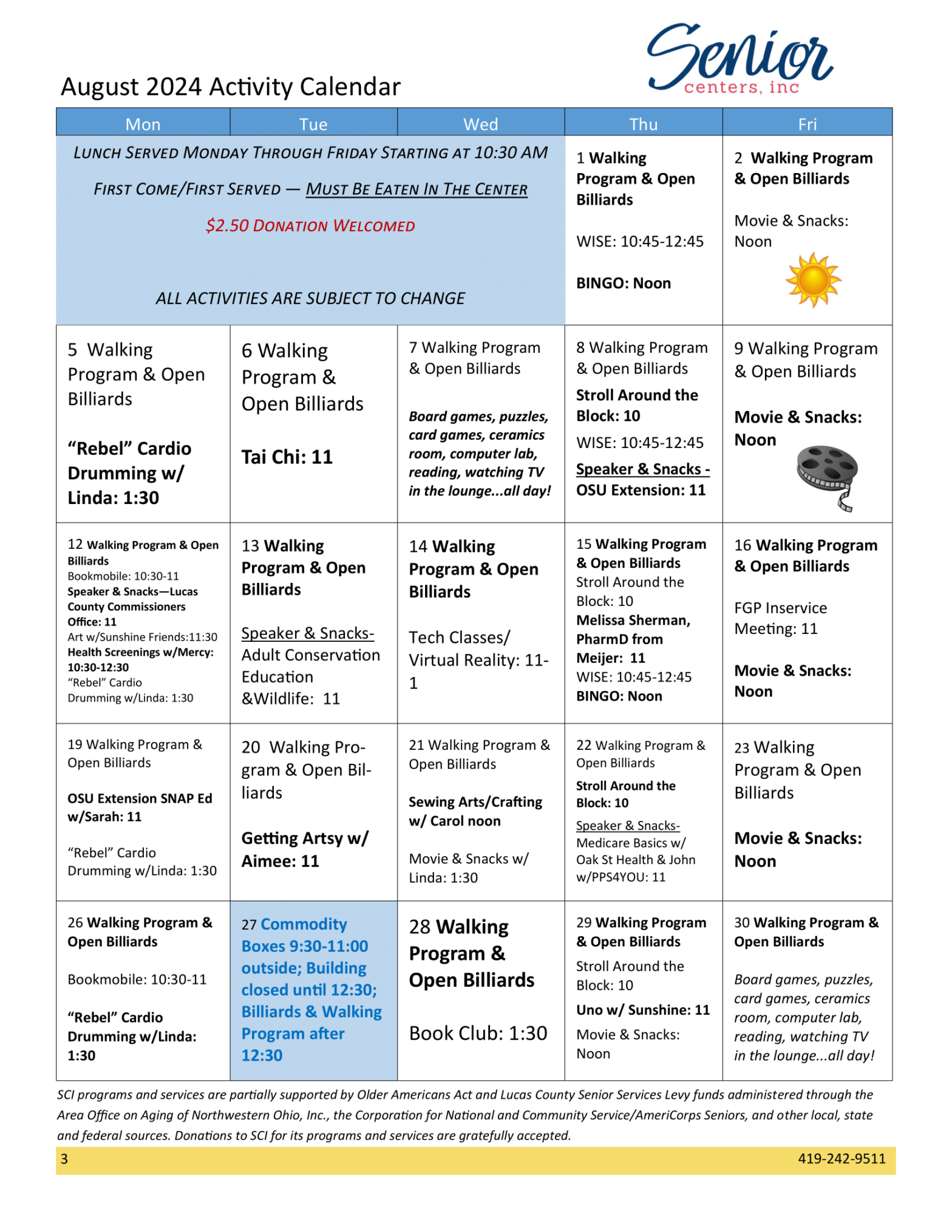Decluttering and Downsizing
Downsizing is stressful no matter how you look at it. Take it slowly (and start early, if that’s what it takes) to make things easier on your parent, friend or family member. Remember that your loved one’s participation can help him or her feel in control, which can minimize anxiety and quell nervousness about the process – but also remember that this is a big job, and too much at once can be overwhelming. Try to keep packing, sorting and organizing confined to less than a couple of hours per day, and make it a sociable experience. If your loved one wants to stop and reminisce, join in; it’s not going to hurt anything.
If the downsizing includes a lot of items (furniture, keepsakes, and other things that can’t come along), there’s a big decision on the horizon. He or she will have to decide whether to put everything in storage, hold a yard sale, or divide items between family members. This should definitely be your loved one’s decision – we’re talking about his or her belongings, not yours (think about how you’d feel if someone suddenly took the reins and dictated what was going to happen to your stuff).
Together, you can categorize each item and decide what your family member, parent or friend will take, store, donate or sell. Storage may be the best option, at least psychologically speaking, for your loved one.
You can usually get rid of old and useless items, like old bills and paperwork that’s no longer necessary, but be on the lookout for important documents that you and your loved one must keep, such as:
- Birth certificates
- Deeds
- Diplomas and degrees
- Financial documents
- Medical records
- Military records
- Passports
- Powers of attorney
- Wills
Keep all the important documents in a central location, and let other family members know where it is so nobody gets the wrong idea or feels left out of the process. Try to put it all somewhere neutral, like a safe deposit box.
If your loved one is okay with it, have adult children claim their own (but only their own!) keepsakes during the process. Old sports trophies, high school yearbooks and other items can go home with their owners to make things easier for everyone.
Pro tip: Sort before you start packing. Go through each room with colored tags to mark items for their final destinations.
What if You Can’t Get Your Loved One to Part With Items?
Many people don’t want to let go of things they feel are important. If it’s absolutely necessary (like when storage isn’t an option), you can try:
- Talking to an antique dealer to find out how much items are worth. Sometimes a dollar figure can make a big difference in a person’s decision-making process.
- Hiring a professional organizer. If you’re too close to the situation and your help becomes frustrating for your loved one, it might be best to bring in an impartial third party who’s used to helping people let go.
- Letting your loved one know where the items will go and that they’ll be treasured. This is especially important with things tied to the family legacy, like old documents and photos.
written in part by Alejandra Roca from Red Fin
read the entire article at:
https://www.redfin.com/blog/senior-guide-for-decluttering



